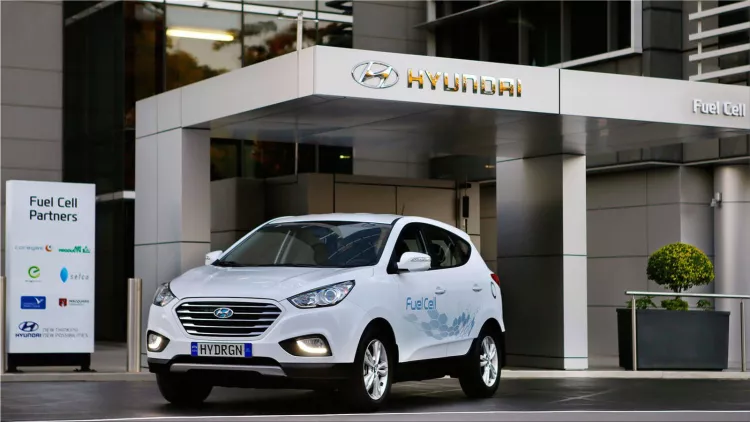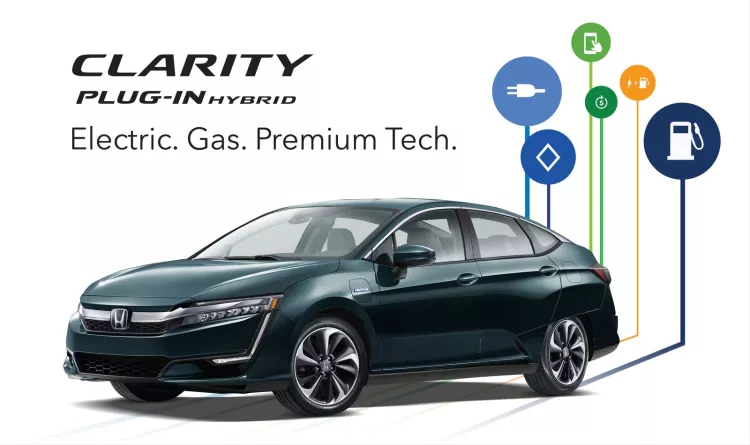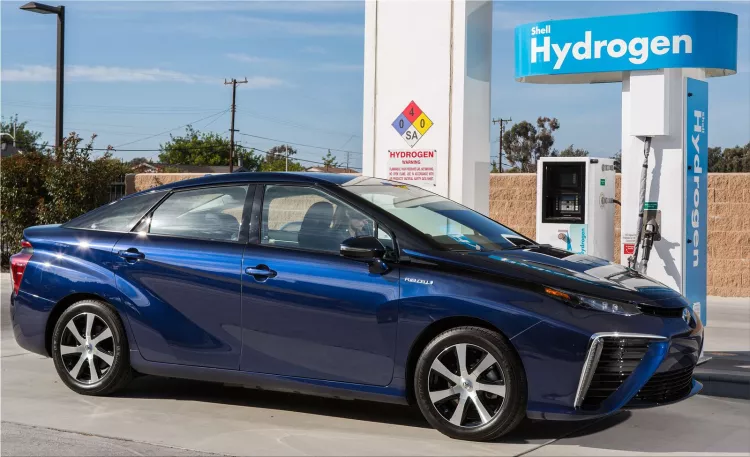The Japanese automobile manufacturers Toyota, Nissan and Honda, along with eight other companies, have formed Japan H2 Mobility, a company that will be dedicated to the development of hydrogen stations for fuel cell vehicles in Japan.
The objective of Japan H2 Mobility is to gradually increase the number of fuel cell vehicles in Japan and in parallel to make sustainable the hydrogenation business.
The initial capital of Japan H2 Mobility is $469,948 and will be chaired by Hideki Sugawara. The purpose is to begin the building of 80 stations throughout the country for the year 2021, according to 'Strategic roadmap for hydrogen and fuel cells'.
Japan H2 Mobility will start operating in April 2018, with the goal of attracting the maximum possible participation of hydrogenation operators and investors.
Hydrogen fuel cell vehicles (FCEVs) have been praised as a promising alternative to battery electric vehicles (BEVs) for long-distance transport, especially for heavy trucks that need more space and power. However, a Cambridge professor and… Continue reading
As we navigate the ever-evolving landscape of automotive technology, the 2024 Toyota Mirai emerges as a beacon of innovation, seamlessly blending cutting-edge engineering, luxurious design, and a commitment to sustainability. From… Continue reading
Everything is ready to start the commercial launch of the new 2021 Toyota Mirai in the United States. The second generation of the successful car powered by a hydrogen fuel cell system is set to start. With this car, the Japanese… Continue reading
Toyota has announced specific launch dates for the second generation of its hydrogen fuel cell model. Production of the updated Toyota Mirai series will begin in Japan this fall. The Japanese company has sold more than 10,000 units of the… Continue reading









